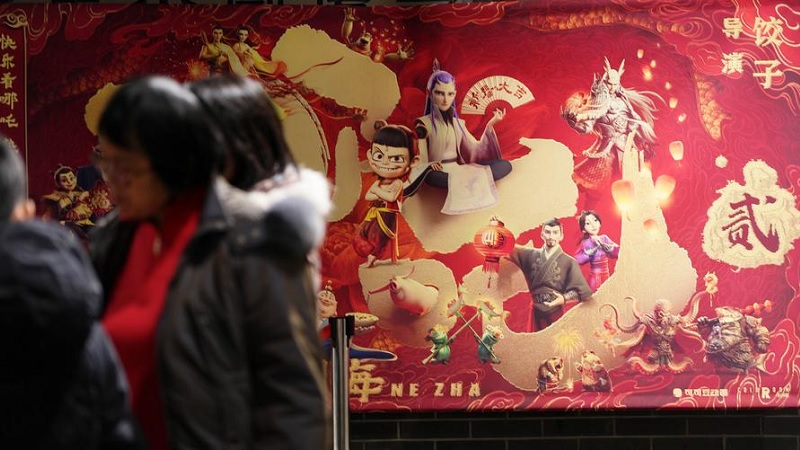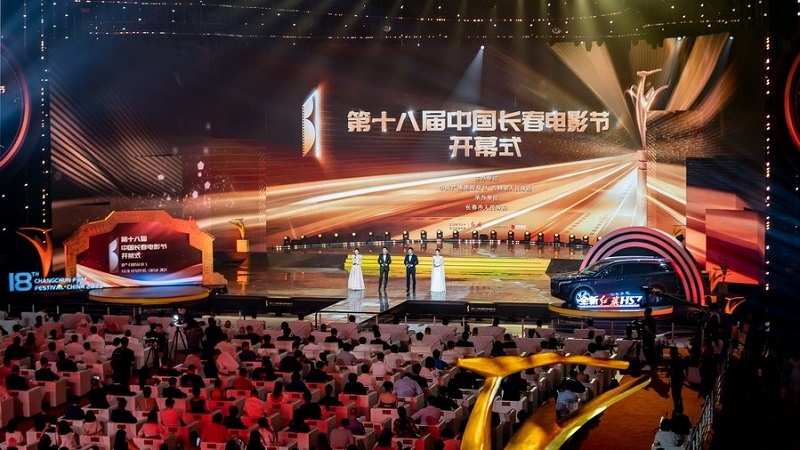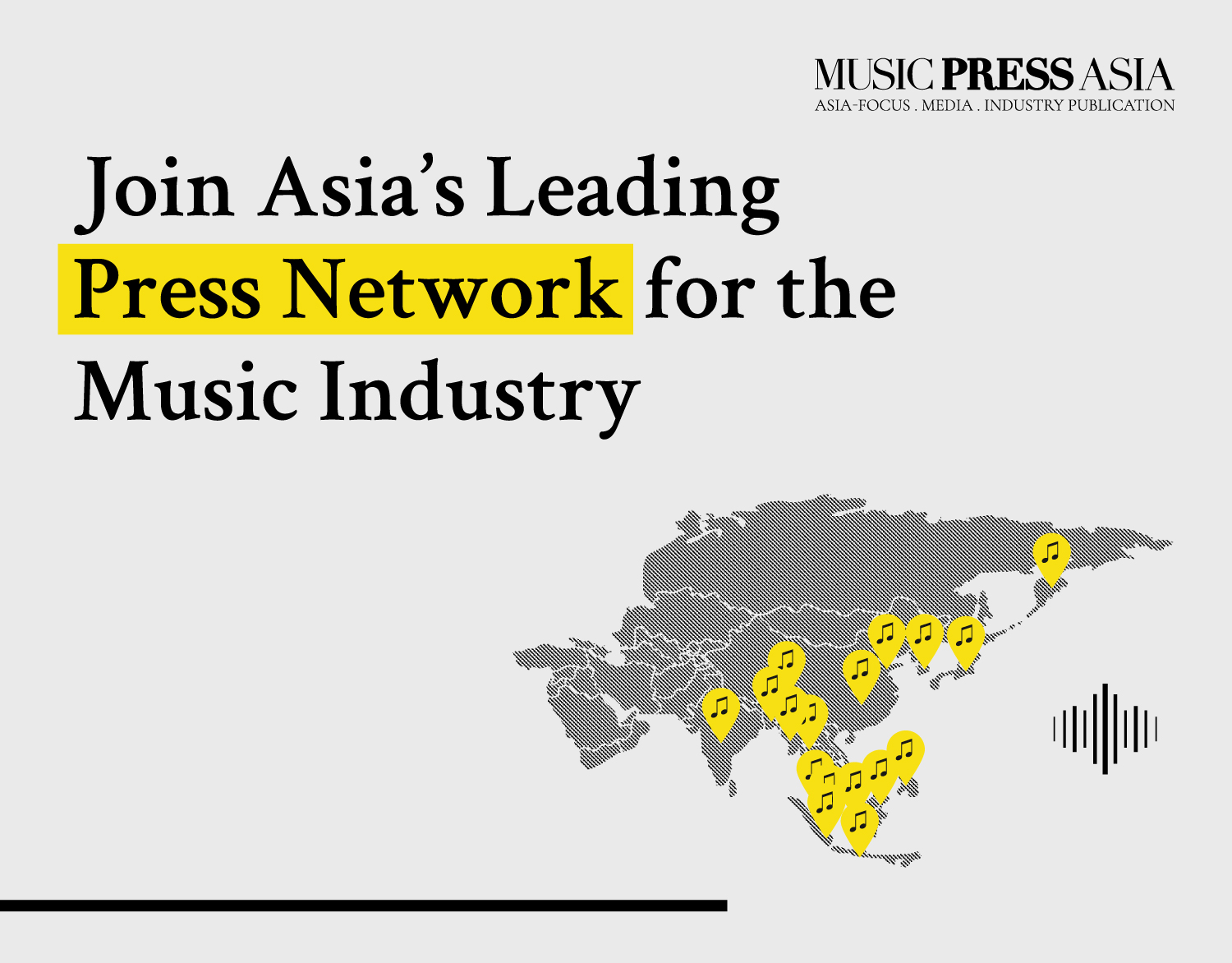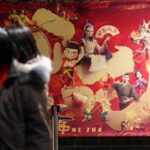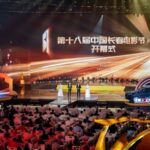Is The Chinese-Language Entertainment Provider Reforming Well in the 21st Century?
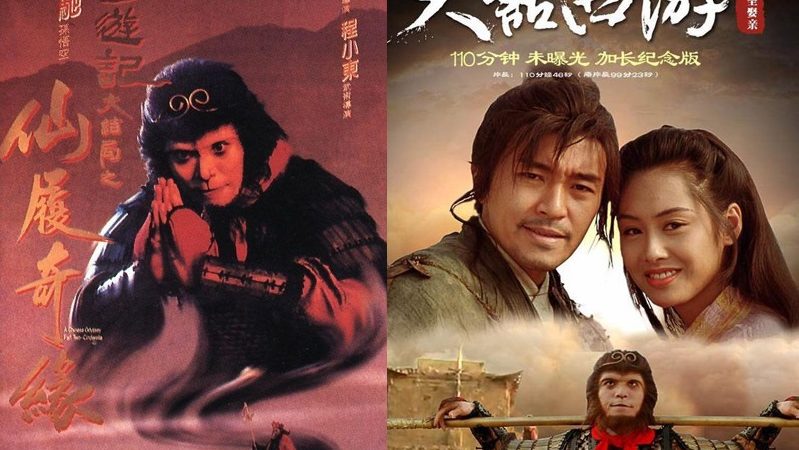
Stephen Chow Hong Kong comedy icon plays Monkey King in Jeffery Lau's 1995 romance and fantasy-comedy film series A Chinese Odyssey. Music Press Asia.
Obsession of a growing middle-class, Chinese family
Everything about entertainment began with the TV box: Barely into my teens our middle-class family, like any other, became obsessed with movie night; a weekly family affair where its members get together and contemplate the great ideals of practicing good behaviour while enjoying a film, of which we’d carefully chosen to watch and start the weekend with.
If the family were not bickering about food at the dinner table, then it would be the film we’d be watching that evening. We’d go as far as bickering and making fools of ourselves at the dinner table about the most banal film choices for discussion sake). As this was the late 80s, entertainment was limited only to video tapes, the one television we share at home and the rare date at the cinema. And while reaching a consensus may seem almost implausible when it comes to deciding a film, there are still a few favourites that would never go wrong, especially of the Chinese film category.
My adolescent years became filled, increasingly, with Chinese-language film made as early as the 60s: from black and white, archaic martial arts surrounding romantic drama, crime thrillers to comedy worthy of the grandest stupidity in proportion, and even over-the-top, melodramatic bloodshed between royal households and triads. And there are as many great films as there are of budget, artistic and experimental ones.
The rise of Chinese-language films
Dubbed the Hollywood version of the East, the Hong Kong film industry have had an extensive history making films over the last three decades. At the peak of the film industry in the 80s, the Chinese-language film market, spurred by the increasing interest from the large Chinese communities in the South Asia region, was looking hopeful.
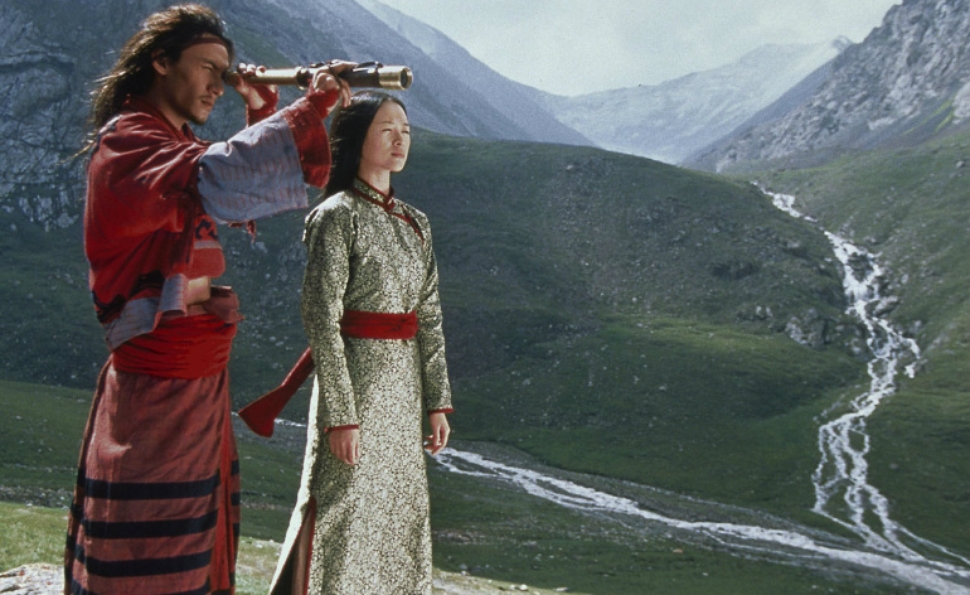
Driven feverishly against the approaching tide of uncertainty pre-1997, Hong Kong and its film community could only do one thing: to execute a long-term plan to distribute its large collection of distinctive feature films and drama, and expand its collaborative with China and rest of the world.
By early 1990s, Hong Kong has steadily caught wind while mustering economic strength under colonial rule. Diligently driven like any student of merit, and with a sort of semi-independence promised to them not far in the distance. And despite its uncertainties, the future of the film industry lies on its zealous plan nonetheless to make a long term commitment – to produce and distribute films to all four corners of the world and reach as many Chinese and non-Chinese audience as possible.
Today affluent singers, actors, producers — Jackie Chan, Jet Li, Stephen Chow, Michelle Yeoh, Chow Yun Fatt, Wong Kar Wai, Anthony Leong, Carina Lau, Andy Lau, Zhang Yimou, Ang Lee and John Woo — are household names released, produced, licensed and distributed by some of the largest players in the global film market today.
But commercial demand of the best martial art, historical depiction, romantic and comedy were stagnating as the successful films, increasingly, became templates for many more unimaginative ones over the decade which follows. As many more young and new actors were churned out of its acting academy, many more were also facing with the harsh reality of a dying genre; a genre that has peaked in the 80s’ and lagging behind following the rise of China’s open market and Korea’s entertainment scene.
Case Study: Is Media Asia Group successfully evolving within an ageless film business?’
At the end of its distribution line, Media Asia is formidably known in the film industry since early 1990s as a production company and film distributor. Famed for its brands of storytelling in the Chinese language, it is dubbed the Hollywood of the East through its extensive list of award-winning films.
With enviable connections in mainland China, a growing profile in Hollywood and history in the stock market listing, Media Asia continues today taking on a reforming attitude to transform the entertainment landscape.
To begin with, it carried a massive library, which includes all six Bruce Lee movies, as well as many early Jackie Chan, Jet Li and Michelle Yeoh titles. Over the last 20 years, its most successful production spinoffs, namely, The Assembly, Infernal Affairs, The Warlords, Initial D, Cloud Atlas are just a few from a large collection that has been distributed worldwide.
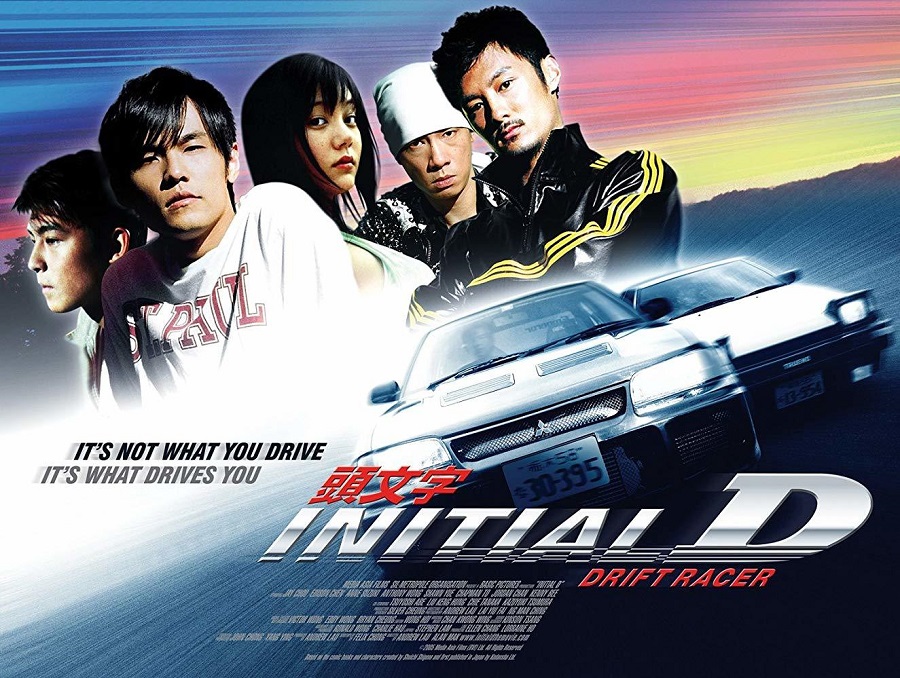
At its peak, we see artists and singers like Jackie Cheung, Aaron Kwok, Andy Lau, Chow Yun Fatt, Carina Lau, Jackie Chan, Karen Mok, Jay Chou and many others rise to fame. And today, its staple list of artists that regular starred its movies include Louis Koo, Miriam Yeung and Andy Lau.
Media Asia and its counterparts stand out on the grand podium in the film market, nationally and internationally, as valuable assets that represents genres distinctly its own.
The future of Chinese-language film industry
Though the film industry’s standard may vary accordingly to the support deployed by the country and its regional partners, it’s still a long-term commitment that takes years, perhaps even decades to culminate. It follows a stringent path circling an entertainment ecosystem that has proven successful: beginning with an academy that seeks and trains new actors, a production house to deal with its creative endeavors, an artist management, and finally distribution & marketing of its works at hand.
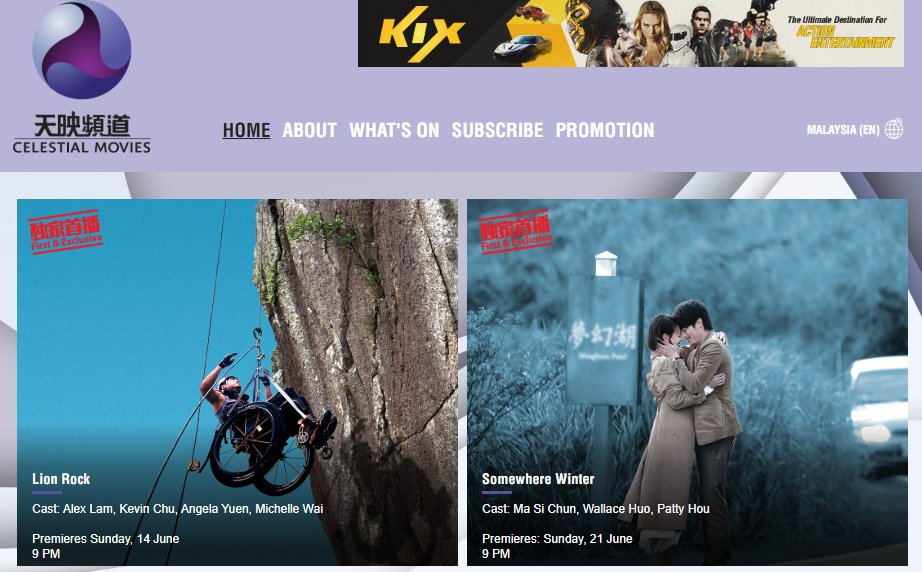
Chinese films have undergone a prolific and expansive path to success and stardom today via many collaborative efforts with some of the largest film distributor.
But without a strong distribution arm, the Chinese-language film sector would have garnered no respect at all. Its large collection of films, especially those we deemed as ‘classics’ made over the last few decades are spanning a larger audience than ever before.
With the surge of pay TV and streaming platforms, these productions are expanding their audience in one way or another. So much so that, for example, it has even garnered the interest of Lionsgate, Astro and Saban Capital Group – a private investment firm established by Haim Saban, the co-founder of Fox Family Worldwide. These three companies had launched Celestial Tiger Entertainment in 2003 to operate various premium Chinese movie channels to screen blockbuster and classic movies of all genres from regional film studios including Media Asia Distribution, Emperor Motion Pictures, Filmko Pictures, Golden Harvest Entertainment, CJ Entertainment and Toho. These channels are now available in Malaysia, Singapore, Indonesia, Sri Lanka, Myanmar, Thailand, Hong Kong and Philippines.
However, some long time audiences aren’t really impressed anymore with the overall variety of films being screened today. Over the last 3 decades, its efforts to propel the film industry has somehow staled.
“Don’t get me wrong, my lifelihood in film production is still being greatly inspired from some of the great classics from Hong Kong, but great storytelling hasn’t really improved,” says a Malaysian-based Chinese filmmaker.
Though new actors are being given more opportunity to star with lead actors of the 80s, their prominence has yet to transpire into leading roles in today’s great film projects. Andy Lau, Louis Koo and Miriam Yeung are appearing too fast and too regular for its audience taste, risking a drop of interest after being signed for a series of roles recently released to the public. Driven by a more global demand to satisfy a larger audience group, films perhaps in the opinion of more seasoned viewers are being watered-down; becoming too generic and somewhat stodgy.
Nevertheless, despite being regularly under political tension for almost three decades, Hong Kong and its film industry have undergone a prolific and expansive path maturing to the state that it is today. It continues to sustain an artistic and commercial demand, globally, producing some of the region’s best films in the Chinese language.
For more information about Hong Kong film titles and showing now, visit Celestial Movies website here.

